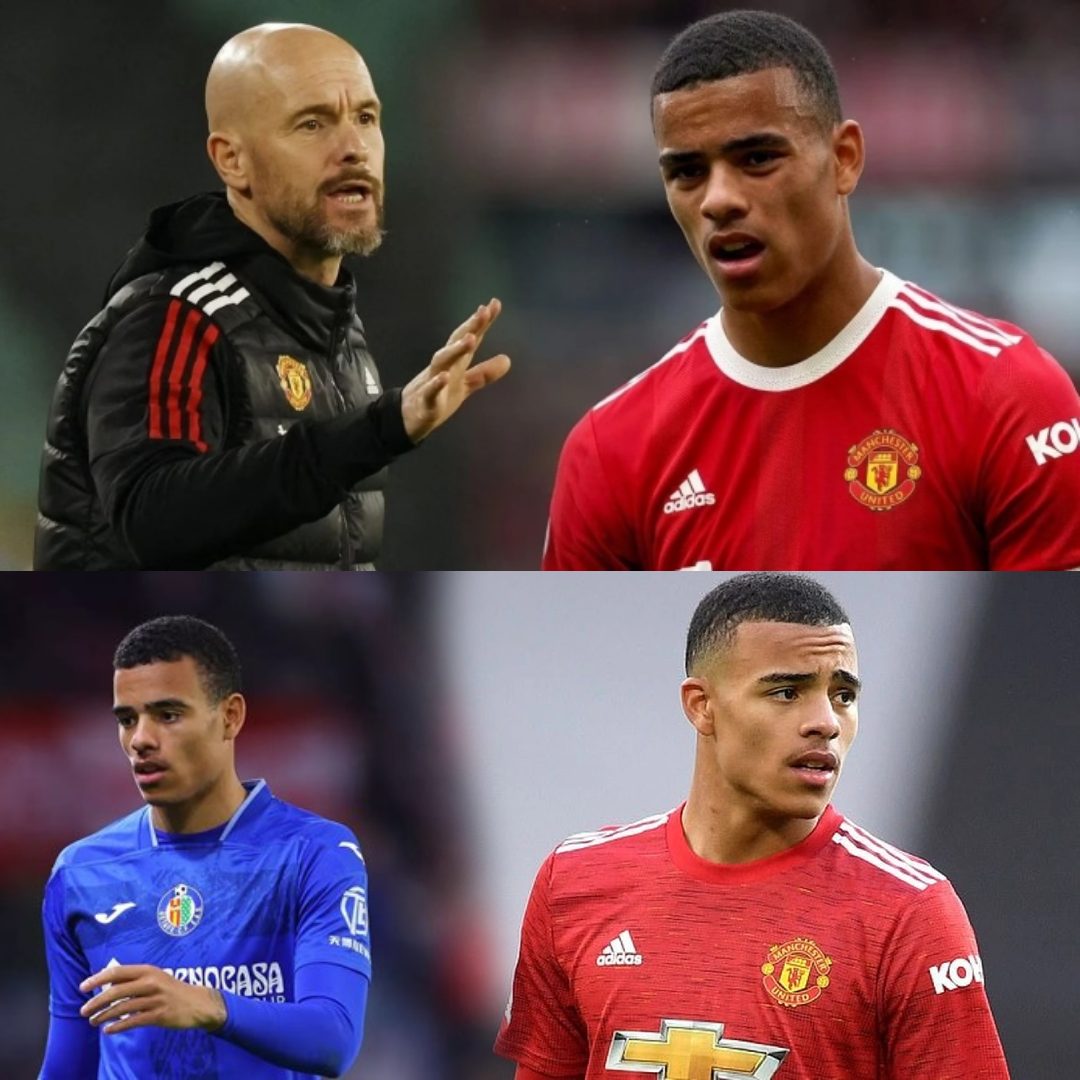The precipitous decline of the running back market has been a hot topic of discussion in recent months.
With his star RB Jonathan Taylor entering the final year of his rookie contract, Indianapolis Colts owner Jim Irsay became the latest to address the situation as backs around the league band together to seek an improvement in how the position is paid.
“NFL (r)unning (b)ack situation – We have negotiated a CBA, that took years of effort and hard work and compromise in good faith by both sides,” Irsay posted on social media. “To say now that a specific (p)layer category wants another negotiation after the fact, is inappropriate. Some (a)gents are selling ‘bad faith.'”

Taylor’s agent, Malki Kawa, replied directly to Irsay shortly after: “Bad faith is not paying your top offensive player.”
Irsay did not specify in his post whether he was referring to RBs seeking better pay in general, or if he believes the NFL’s star ball-carriers are hoping for a change in application of the franchise tag.
Under the current collective bargaining agreement, a franchise tag is a one-year deal priced at either the average of the top-five player salaries at a given position, or 120% of the tagged player’s cap number from the previous season (whichever is greater).
The franchise tags placed on three running backs this offseason — Tony Pollard, Saquon Barkley and Josh Jacobs — were all worth $10.091 million.
Pollard signed his with the intention to play on it, while Barkley ended up coming to a deal with incentives that can boost his salary to $11 million. Jacobs still hasn’t signed his one-year tender and has not reported to the Raiders’ training camp.
All three are taking different approaches, but the outcry following the July 17 deadline for franchise-tagged players to agree to a long-term deal was unanimous and palpable.
Christian McCaffrey, the highest-paid RB in the league with a $16 million per-year average, called the absence of a long-term deal for any of the tagged backs “criminal,” and Derrick Henry, the 2020 Associated Press Offensive Player of the Year, suggested the NFL “take the RB position out the game then.”
Other prominent voices like Taylor, Najee Harris and Austin Ekeler joined them on social media.

On the Sunday following July 17’s franchise tag deadline, Nick Chubb confirmed a group of running backs held a Zoom meeting that weekend to discuss the depressed market, and he admitted they feel “handcuffed by the situation.”
Beyond the tag situation that seemingly broke the camel’s back, RBs are feeling pinched in various situations by the perceived devaluation of the position.
Ekeler sought a trade from the Chargers this offseason to find a team that would pay him commensurate with his value, but he ended up agreeing to a revised contract with $1.75 million in added incentives.
Joe Mixon took a pay cut to remain with the Bengals, and Miles Sanders was the highest-paid running back from this year’s free agency by scoring a deal with an average salary of $6.4 million per year. He’s the 10th-highest paid running back in that category. He would rank 41st among wide receivers.
Star runners like Dalvin Cook and Ezekiel Elliott currently remain unsigned, as well.
All of this has contributed to the gathering storm of discontent leaguewide, and there now appears to be an ominous cloud hanging over Indianapolis.
Colts general manager Chris Ballard also spoke about Taylor’s contract situation Monday, and although he was more diplomatic than Irsay by stating the team thinks “very highly” of its running back and wants to “pay good players,” he provided a blunt assessment of the situation: “The market is what the market is.”
Taylor already received a concerning preview of what he can expect when his contract tolls in 2024 after watching the RB market play out this offseason. With Irsay’s comments and Kawa’s reply, the atmosphere around any negotiations just got a shade more contentious.





